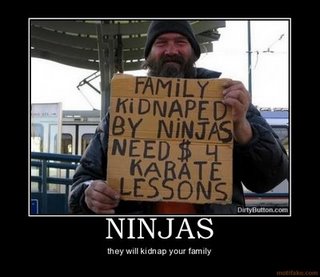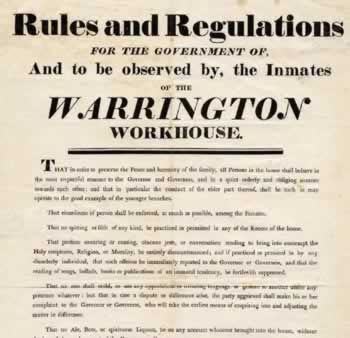If you need something ask for it. For that very thing.
The author and academic Dan Ariely (of 'Predictably Irrational' fame) posts an occasional Q&A or 'advice' type column on his blog. Last week's column titled 'Ask Ariely: On Begging, Bad Waiters, and the Facebook Blues' included a reader question about a situation most of us have probably encountered, but with a slightly different twist that made it interesting.
Here is the original reader question:
I was recently approached by a panhandler who asked me for 75 cents, and I gave him the money. I was late for my train, so I didn’t have time to stop and try to understand why he chose 75 cents. But I wonder: Do you think the 75-cent request could be a “market tested” amount, one that yields a higher overall level of “donations” than asking outright for a buck or more?
Ariely's reply was more or less in agreement with the reader - that perhaps the panhandler had 'found' a donation amount that would yield the most success, but then Ariely also added this observation that I found really apt and probably instructive:
"asking for general help is unlikely to be as effective as asking for exactly what we need"
The notion being that the ask for 75 cents rather than the more general 'Hey pal, can you help me out with a little donation?', connects more directly, can be evaluated more rapidly, and when you think about it, is probably more effective over the long term.
Why the direct ask for 75 cents would be more effective seems to me to narrow down quickly to the fact that it asks less of the giver, not in terms of actual money, but in terms of time spent in the process and the mental and emotional cycles required to reach a conclusion. It is a really simple request - 'Can you give me 75 cents?' vs. a much more complex and nuanced question of 'Can you help me out?'
This difference in directness and its impact on effectiveness those of us with children probably understand - it generally seems much easier to narrow a kid's options, spell them out as plainly as possible, and be very, very, clear about expectations and consequences. But as we head to work and deal with 'adults' - they could be peers, partners, staff members, bosses, etc. - we sometimes have to lose clarity and expand focus out of respect, deference, or just wanting to treat people like grown-ups.
I had a friend who managed about 20 or so hourly production workers in a sort of light industrial setting. The work was connected through a kind of loose workflow, meaning if one worker was late arriving by a few minutes it would not stop production, but could become a minor irritant or impediment to productivity if the lateness persisted.
Naturally, there were always issues with staff arriving late - weather, personal things, car trouble - you name it. But whenever the lateness issue needed to be addressed, my friend the manager often started with a kind of friendly 'Hey, we really need you to make the effort to get in a little earlier' and explained the impact on the rest of the team (workflow, morale, etc.). It was only when an individual's lateness persisted that he had to call in HR, have a sit down meeting with the employee and spell out the expectations and consequences in detail - 'We need you here and ready to work at 8:00AM or you will be fired'.
Usually, not always, the person kind of straightened up after that, and the lateness issues went away. You could argue it was the threat of getting canned that did the trick and not the explict 'ask' that drove the behavior change, I suppose.
But after hearing my friend relate the more or less same story a few times over the years I wonder if he had cut right to 'You need to be here at 8:00AM' rather than making a more vague - 'We need you here earlier' would have been more effective.
Note: If you liked the post, please send me 75 cents.

 Steve
Steve



